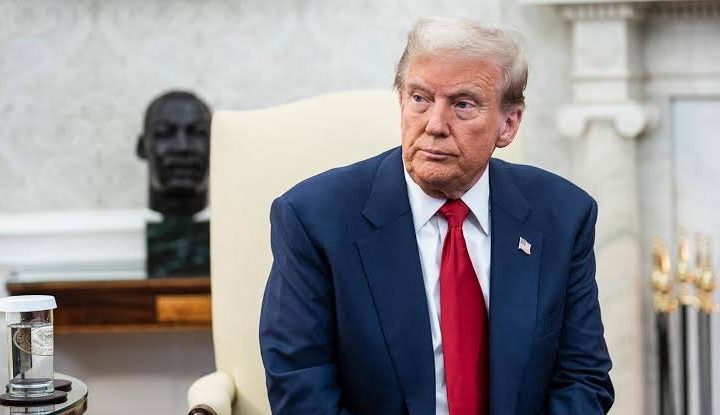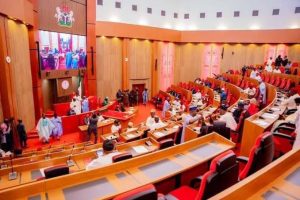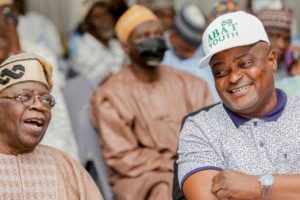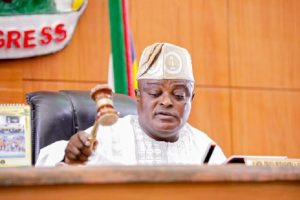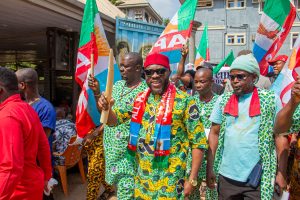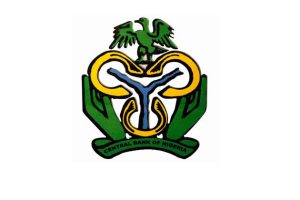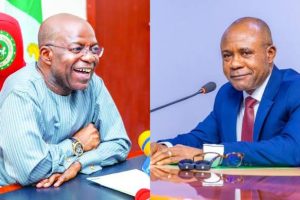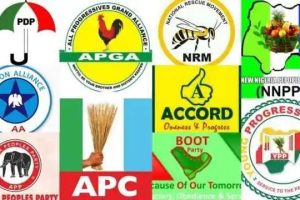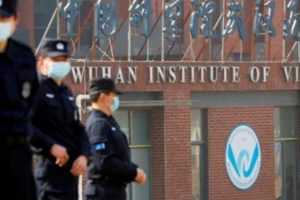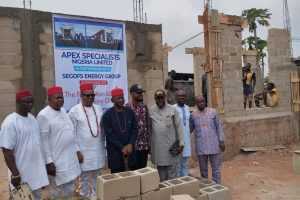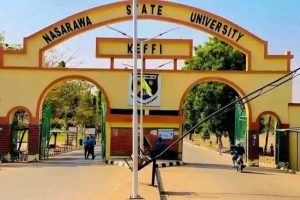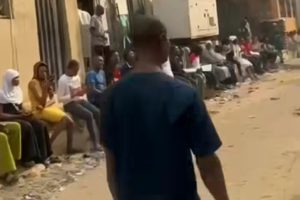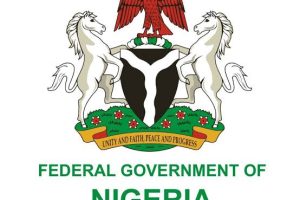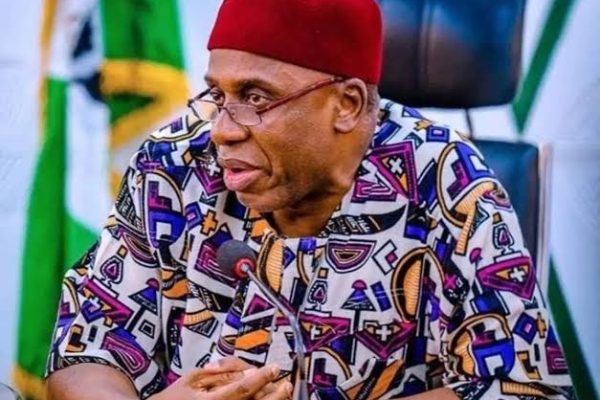
February 5, 2025
add comment
The factional of the All Progressives Congress (APC) led by Emeka Beke in Rivers State said Tony Okocha...
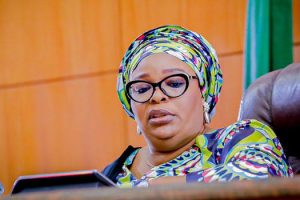
Lagos Lawmakers, GAC Reaffirm Mojisola Meranda as Speaker
February 4, 2025
add comment

February 5, 2025
add comment
Asadu Chidubem Jacinta, a young model from Enugu, is poised to represent Nigeria at the “Miss Teen...
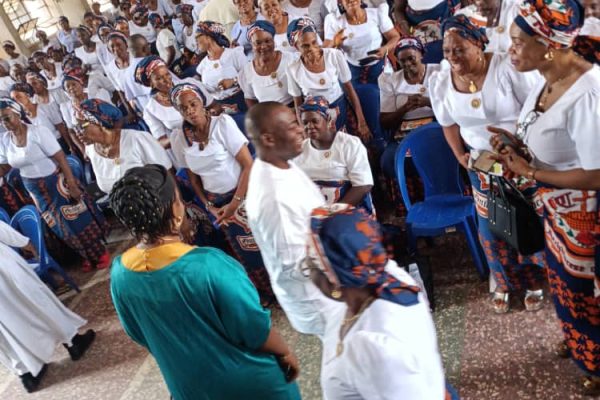
February 5, 2025
add comment
The Senator Representing Anambra North Senatorial District, Senator Dr Tony Nwoye on Saturday 1st February 2025, attended...

Enugwu Agidi Imbroglio: Who is Protecting Chukwudi Tansi?
February 5, 2025
add comment

February 5, 2025
add comment
Tiger Woods announced on Tuesday that his mother Kutilda had passed away, paying tribute to his parent...

February 5, 2025
add comment
President Donald Trump said Tuesday the United States will take control of war-torn Gaza, as he addressed...

Stay Out of South Africa’s Issues, Ramaphosa to Trump
February 4, 2025
add comment

Philadelphia Air Ambulance Crash Leaves Six Dead
February 1, 2025
add comment
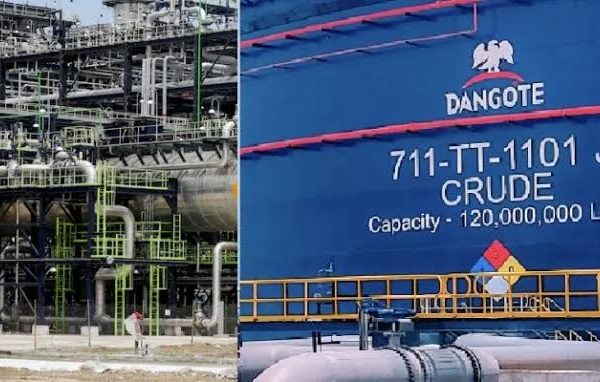
February 2, 2025
add comment
Dangote Petroleum Refinery has lowered the ex-depot price of petrol (PMS) from N950 to N890, effective Saturday,...

Spar to Charge ₦150 for Nylon Bags Following Government Ban
February 1, 2025
add comment
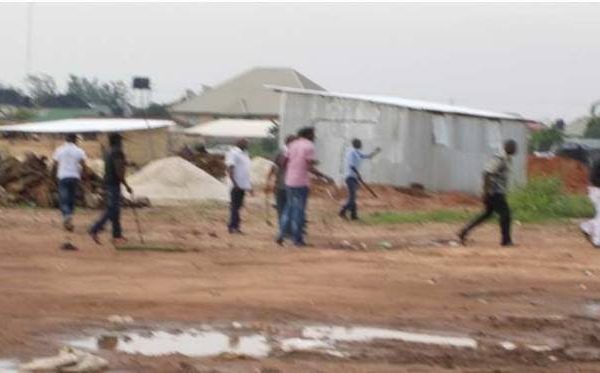
February 5, 2025
add comment
The recent killing of Onochie Abagana, a fisherman from Aguleri, has reignited tensions between the Aguleri and...

Can payment methods help online casinos to advance?
February 4, 2025
add comment
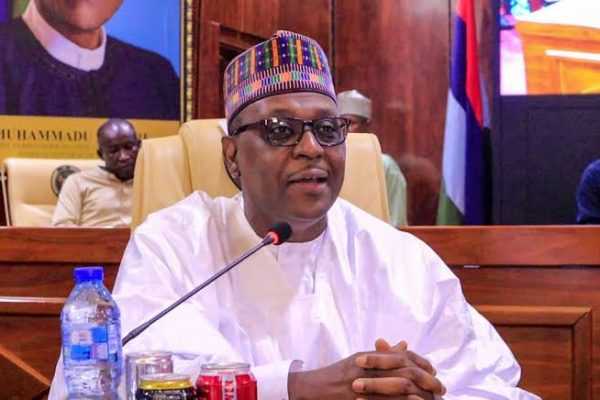
February 5, 2025
add comment
The Federal Government has said that Nigeria’s health sector has greatly improved so much so that it...
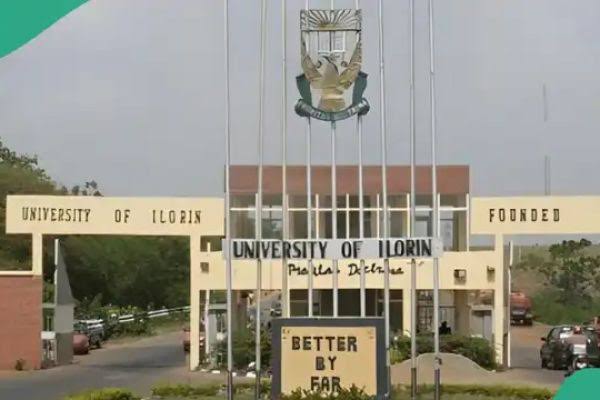
February 5, 2025
add comment
A 200-level Mass Communication student of the University of Ilorin, Kwara State, has allegedly committed su.!cide over...



